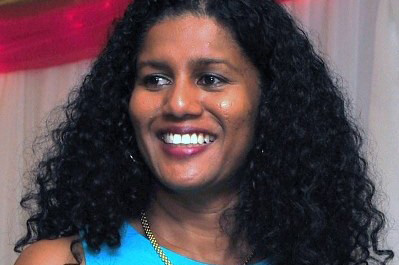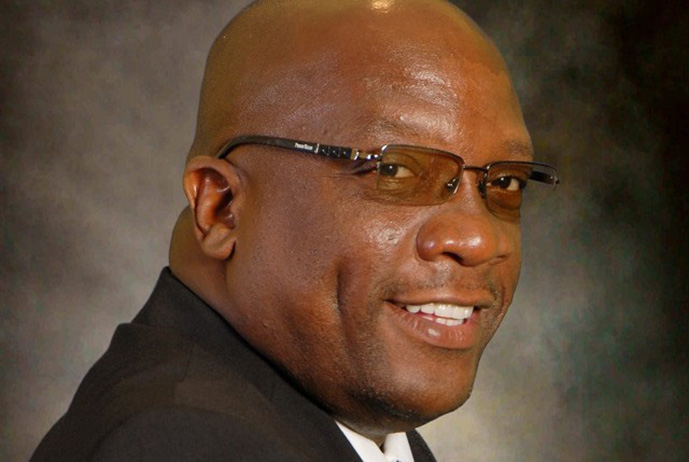The Saint Lucia Tourist Board – SLTB Unveils New Website with Scavenger Hunt Sweepstakes #OnlyInSaintLucia
SAINT LUCIA (June 1, 2016) – The Saint Lucia Tourist Board – SLTB launches the #OnlyInSaintLucia Scavenger Hunt Sweepstakes on Wednesday, June 1 to unveil the new online presence for the destination at http://www.stlucia.org/.
The dynamic and responsive website features a map explorer component that highlights hotels, local restaurants, and a variety of activities throughout the island. The brand-new weddings and honeymoons landing pages cater to one of Saint Lucia’s largest travel markets and sets the stage for planning a romantic escape with the top five proposal locations, wedding packages, honeymoon activities and more.
The completely redesigned website also includes a downloadable media gallery, a live chat, and specialized sections for travel trade, diaspora, meetings and incentives.
“We are thrilled to launch this new tourism portal to the destination,” says Tracey Warner-Arnold, deputy director of tourism. “The #OnlyInSaintLucia scavenger hunt sweepstakes will allow visitors the opportunity to explore and learn about the island, and the redesigned website, in a fun and engaging way.”
The Saint Lucia Tourist Board – SLTB encourages fans to experience the adventure of a lifetime by entering to win a six night Caribbean vacation on the beautiful island. To enter the #OnlyInSaintLucia scavenger hunt sweepstakes, consumers are given the chance to answer one question every day for fourteen days for a chance to win a trip to Saint Lucia. A new question will be posted to the dedicated contest landing page every morning at 9:00am EST, beginning June 1 through June 15. The more questions answered correctly, the closer participants will be to relaxing in Saint Lucia.
One winner and a guest will win a three night stay in the southern part of the island at Ladera, a tropical gem nestled high up between the Pitons, and then a three night stay in the north of Saint Lucia at the intimate Cap Maison, set on a private cliff overlooking the sea and its own private beach. The prize includes accommodations, most meals and beverages, round-trip airfare, and on-island airport transfers for two adults. Participants must be U.S. residents and 21 years of age or older.













